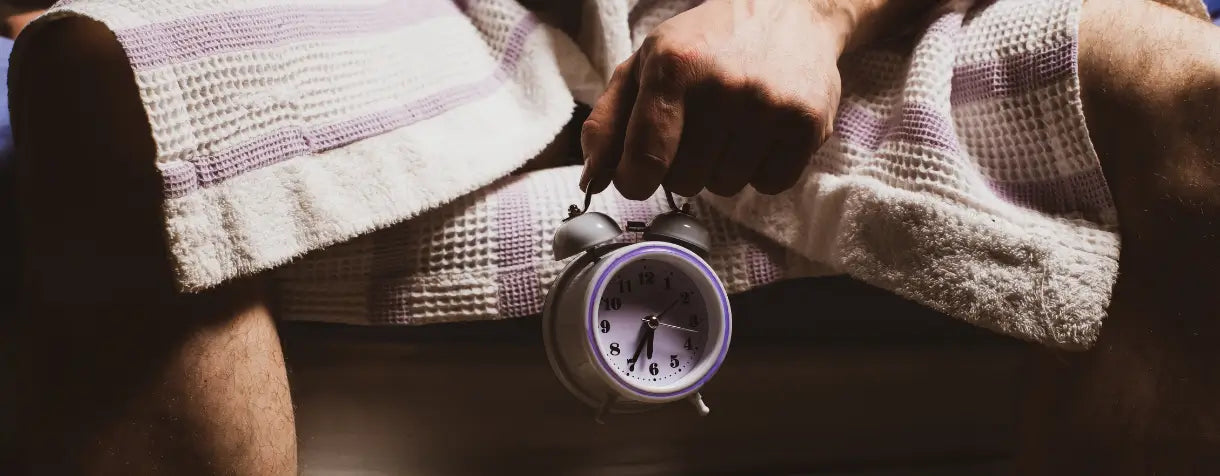So what is Andropause?
Andropause, or Age-Related Testosterone Decline is a natural part of ageing and is commonly referred to as "Male Menopause" or "Manopause".
As testosterone production decreases with age, at a certain point, testosterone levels drop to a point where symptoms start to manifest such as low energy, lack of libido, broken sleep and no motivation to name but a few.
To better understand this, first we need to understand the role of testosterone, why it decreases and what we can do to keep our testosterone levels healthy.
So what does testosterone do?
The importance of testosterone has been massively overlooked and underestimated.
Immune Integrity

We've all heard of Anabolic Steroids which as we all know is a synthetic version of testosterone.
Well, the word "Anabolic" simply means grow and repair and that is what testosterone does for the body.
It facilitates growth and repair and it is because of this that testosterone is vital to our immune system.
Research by the British Medical Journal has revealed that men with low testosterone levels are 6 times more likely to die from Covid and all other forms of premature death that men with healthy testosterone levels.
It is also why 66% of Covid deaths during the pandemic were men compared to that of 34% which were women.
This is why it is vital to maintain healthy, natural testosterone levels.
Energy Supply
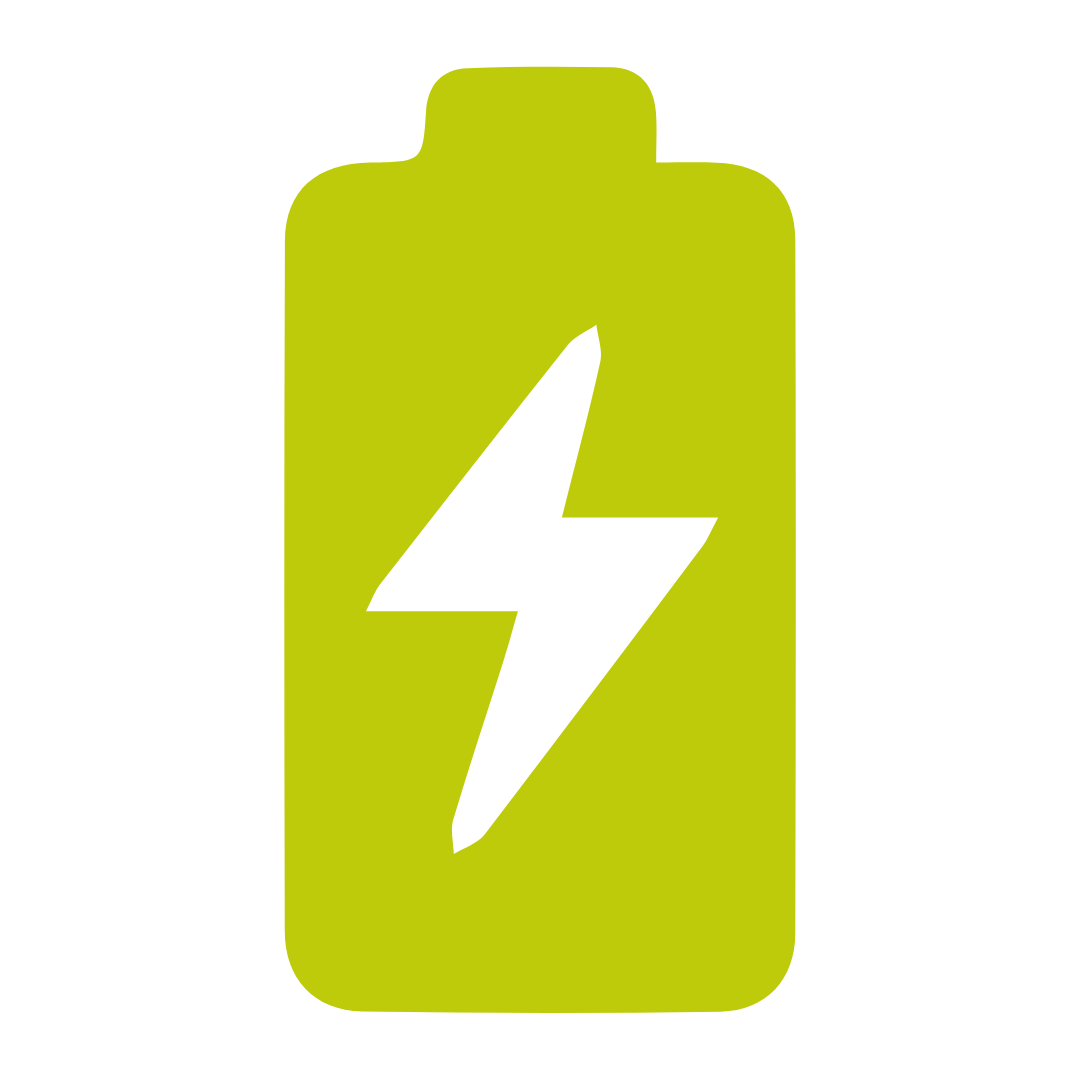
During the mid 30s to early 40s, men often complain about a loss of energy.
According to Harvard Medical School, testosterone levels peak at approximately 19 and drop as you age.
You may lose 1% to 2% annually beginning in your 30s, and by your 40s, you might experience suboptimal low testosterone levels.
However, men can experience testosterone deficiency at just about any phase of their lives, so this is just a gauge.
A decrease in testosterone can adversely affect your energy levels.
One of the reasons is that testosterone plays a key role in the production of erythropoiesis, which involves the production of red blood cells.
When you experience low production of red blood cells, your energy levels suffer.
Mental & Cognitive Health
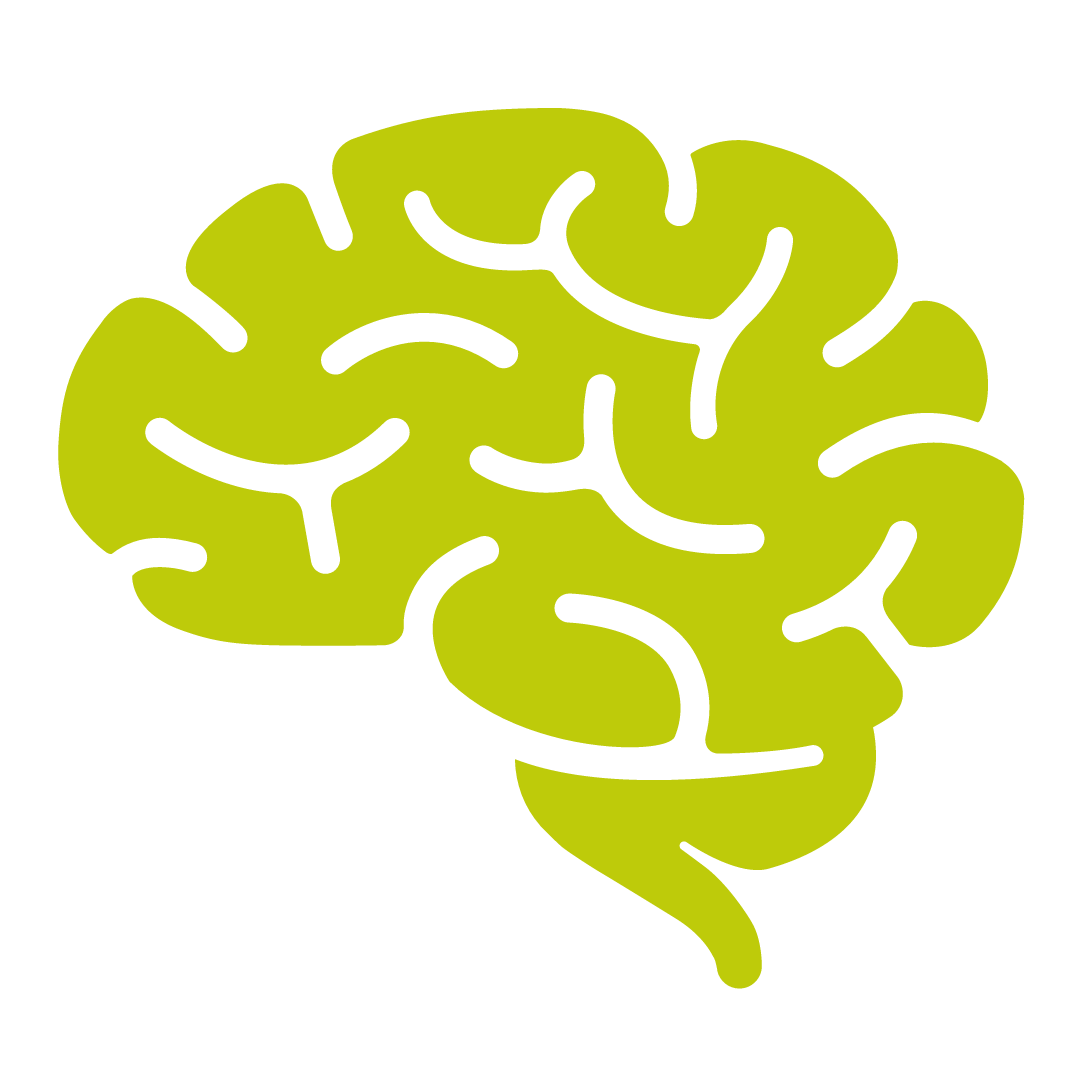
Mental Health:
If you’ve ever wondered if Low Testosterone can cause low mood, the answer is yes.
It’s brought on by the hormonal imbalance created by a lack of testosterone and the increase of cortisol, sometimes known as the “stress hormone.”
This can bring forth an excess of emotions that you don’t normally experience while simultaneously decreasing the behaviours and emotions that you do experience normally.
This hormonal imbalance is can also result in a lack of motivation and drive and can also lead to a lack of "Joy", especially when doing things you previously loved to do.
As low testosterone also can heavily impact your sleep quality, leading to chronic fatigue and a lack of energy, all this can culminate and why low testosterone is often misdiagnosed as depression.
Cognitive Health:
As we age, our testosterone levels decline as does our cognitive function and recent studies have established a direct link between the two.
Men with healthy testosterone levels are also 80% less likely to develop Alzheimer's or Parkinson's disease the study also found, highlighting once again the importance of testosterone on overall health and well-being.
This would also explain why one of the symptoms of Andropause is difficulty in concentrating or focusing on specific tasks as testosterone levels drop during this life stage.
Sleep Quality
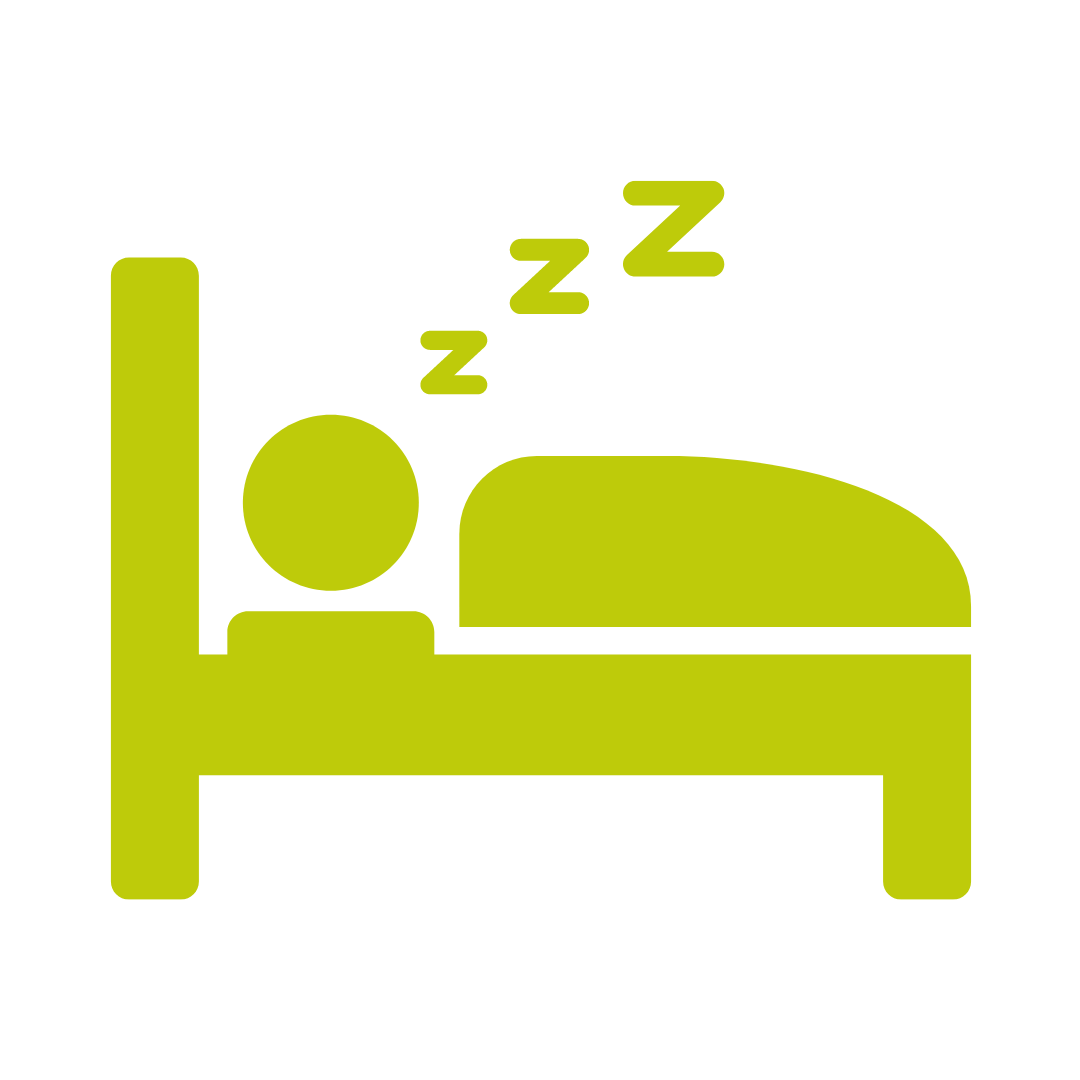
What many people don't know is that testosterone in men is produced on a 24 hour cycle, with production taking place during R.E.M sleep.
However, Magnesium, Zinc and Vitamin B6 are not only fundamental building blocks of natural testosterone, but also vital micronutrients required for R.E.M sleep.
Deficiency in any of these micronutrients can have a devastating effect on testosterone levels as a lack of R.E.M sleep and a lack of these "building blocks" lead to testosterone deficiency which becomes a vicious cycle.
Men with low testosterone experience poor sleep quality including waking up several times at night to urinate whereas men with healthy testosterone levels tend to sleep through the night.
As our bodies repair physically between 10pm and 2am and mentally between 2am and 6am, which is controlled by our circadian rhythm, it is important to get these solid 8 hours of sleep to ensure optimal testosterone levels.
Libido / Fertility

Testosterone levels along with sperm levels have halved in the past 50 years.
To put that into context, a man in his 30's in 2024 has the same level of testosterone as a man did in his 70's in 1990. Same goes for sperm levels.
This is also why more and more couples are having to utilise IVF to conceive and plummeting sperm health and mobility levels is one of the main driving factors behind this.
Low testosterone does not always directly cause infertility. Men with low testosterone can still produce healthy sperm because sperm production is mainly stimulated by other hormones.
However, low levels of testosterone may result in decreased production of sperm.
The levels of testosterone in the testicles, where sperm is produced, is much higher than testosterone levels in the blood.
Low testosterone’s indirect effect on fertility involves a reduced sex drive that can result in a lack of desire to even have sex.
It can also cause erectile dysfunction by causing a man to have fewer erections or erections that aren’t as strong as they once were.
This can make it difficult to reach climax or to have sex often enough for reproduction.
Hypertrophy

As we now know, testosterone Anabolic properties drives muscle growth.
When we fatigue and otherwise train muscle tissue, the muscle fibres tear.
It is when these tears are repaired that hypertrophy takes place and muscle size increases.
Hypertrophy is not to be confused with strength. Hypertrophy is repair and growth of "damaged" muscle fibres whereas strength is about muscle fibre activation.
Red Blood Cell Production
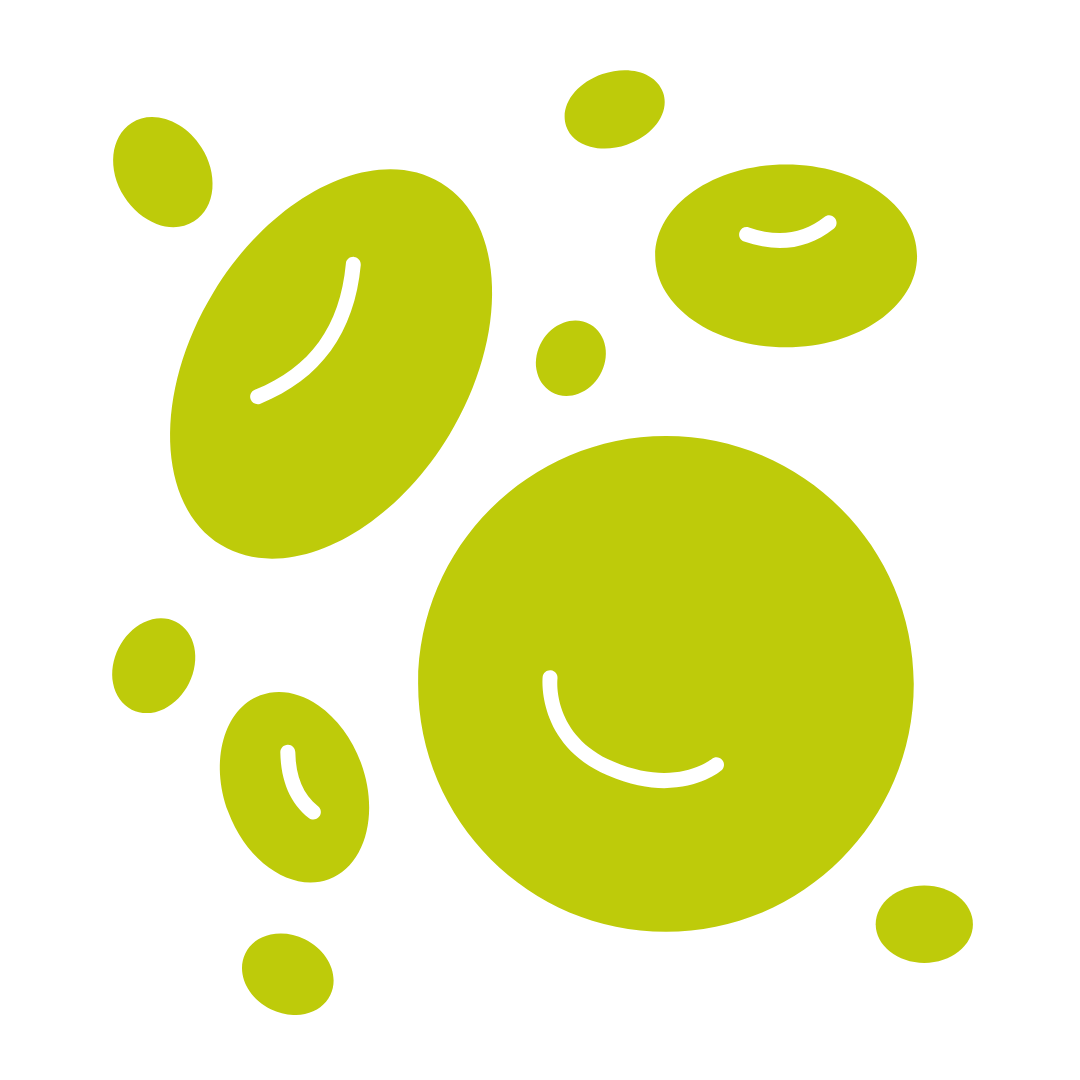
The testosterone hormone plays a significant role in producing red blood cells.
Males have higher red blood cells when compared to females.
These levels tend to increase during puberty as the body produces a lot of testosterone.
Studies have shown that testosterone helps the hematological system in many ways; it regulates erythropoietin (EPO) production.
EPO is a hormone produced by the kidneys that regulate the bone marrow to increase the production of red blood cells.
Testosterone also plays a role in the metabolism of iron, which helps to form an iron-rich protein called Haemoglobin, which carries oxygen from the lungs to other organs.
Some studies show that increased Haemoglobin level is also associated with increased muscle strength, bone density, cognition, and physical performance.
Bone Mass Integrity
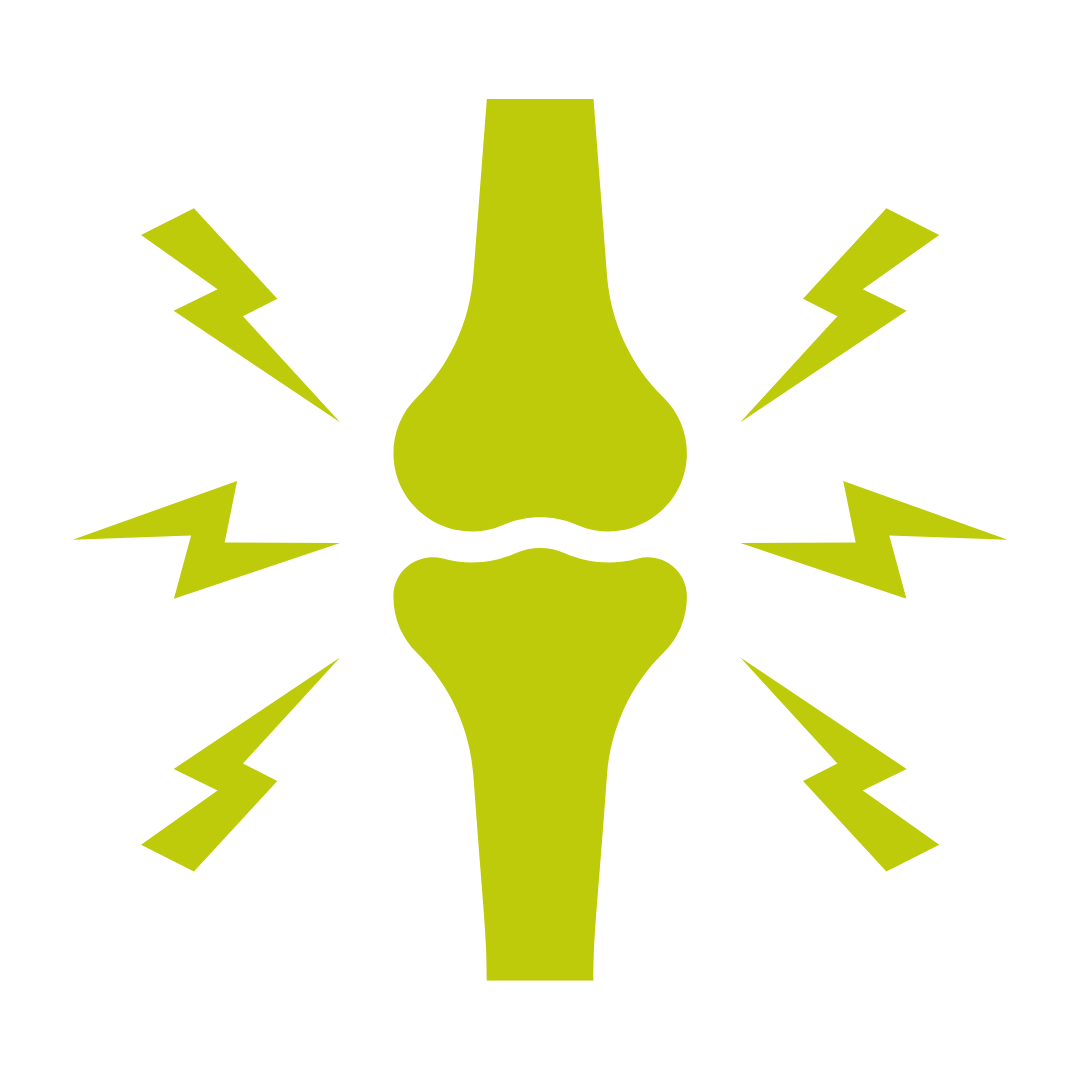
Testosterone plays a key role in the maintenance of bone mass density and health.
Studies show that men with low testosterone levels suffer from osteoporosis and brittle bones compared to that of men with healthy testosterone levels.
Studies also showed that men with osteoporosis showed a significant improvement in bone mass density when testosterone levels were increased.
The Role of Testosterone
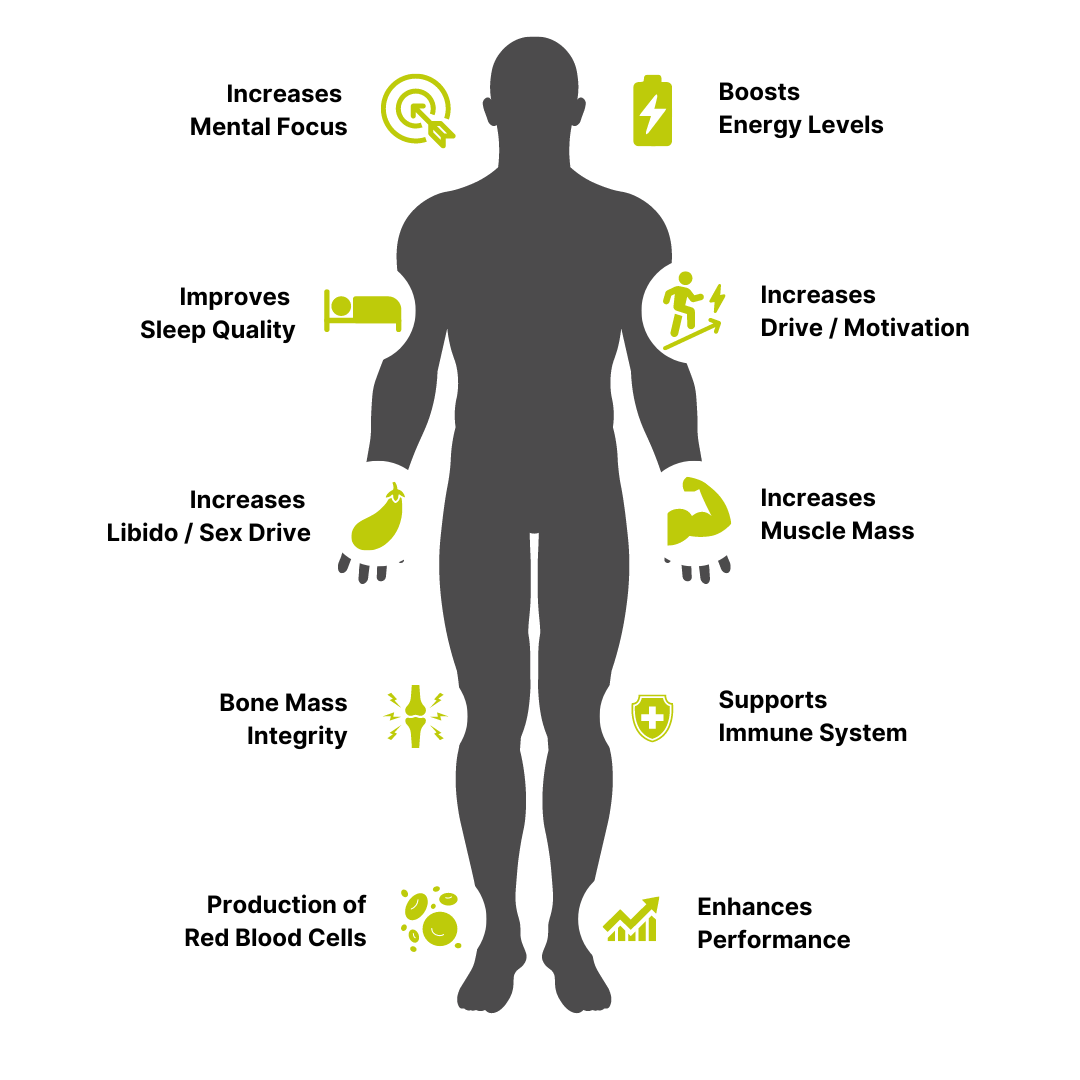

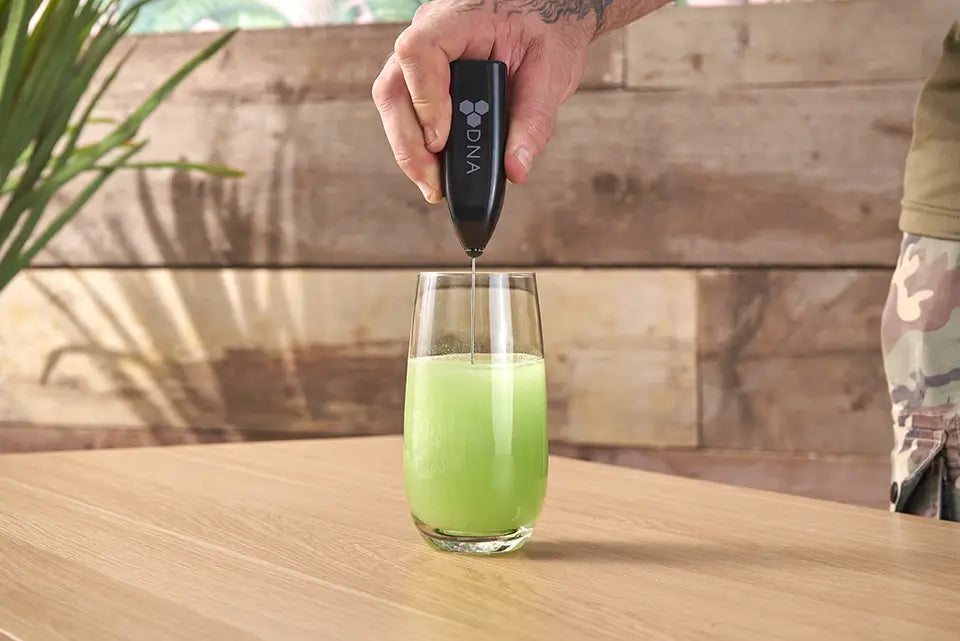
The World's 1st Natural Andropause Supplement
Our Silverback Supplement is specifically designed to support men during Andropause.
With only natural ingredients, Silverback supports a natural increase in both testosterone levels and "Unbound" testosterone levels to help increase energy, improve sleep quality and boost a failing libido.
This product was originally developed for our Co-Founder, Sheldon Stringer who takes his Silverback daily without fail.
Get advice from one of our Clinical Nutritionists or Medical Team.
